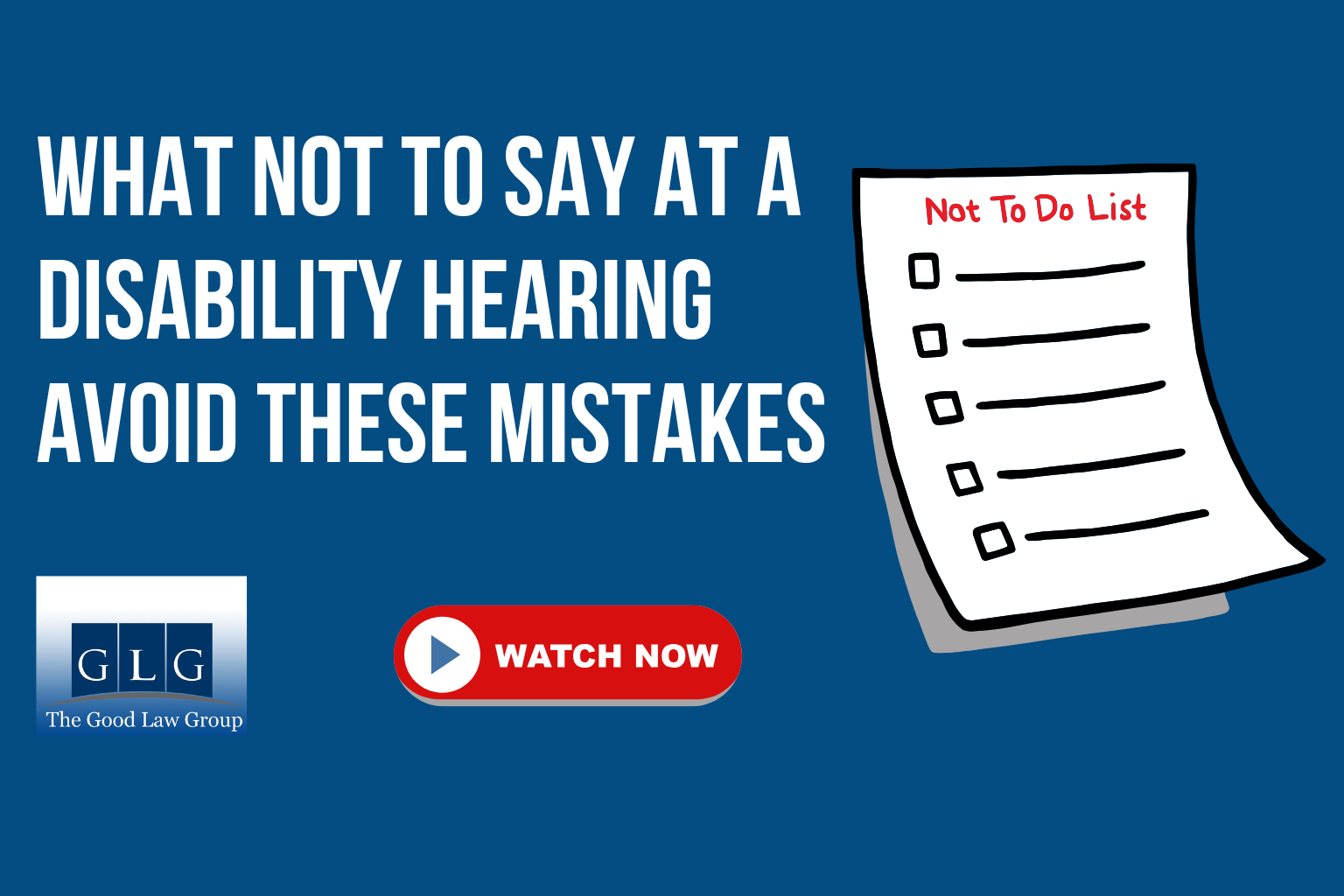Have you ever wondered if your real estate secrets are truly safe with your attorney? Attorney-client privilege acts like a trusty sidekick that shields your confidential chats, like negotiation tactics and those all-important price talks. However, even attorney-client privilege has exceptions: disclosure obligations and the crime-fraud rule can sometimes change how things work. If you understand these nuances, you don’t only fortify your transactions but also keep legal hiccups at bay. Are you curious to learn more? Watch this short video.

Are you aware of your attorney-client rights in real estate? The attorney-client privilege protects your confidential communications in real estate transactions, but certain exceptions can limit its scope. This privilege ensures that conversations between you and your attorney remain private, which fosters open and honest dialogue essential for effective legal representation. Here are the key things you need to know about attorney-client privilege.
What is attorney-client privilege?
Attorney-client privilege safeguards communications intended to be confidential between a client and their attorney. This includes negotiation strategies, price concerns, and strategies for executing the terms of an agreement. For instance, discussing your bottom-line price with your attorney is protected under this privilege, ensuring that sensitive information remains confidential.
Exceptions to attorney-client privilege
While attorney-client privilege offers significant protection, it does not apply to all situations. Disclosure obligations are a primary exception. You cannot inform your attorney about something you legally must disclose in a transaction and expect them to keep it confidential. Attempting to do so can lead to serious legal consequences. Another critical exception is the crime-fraud exception. If you disclose intentions to commit fraud, this communication is not protected. Additionally, the privilege is waived if you involve a third party, such as a friend or family member, in conversations meant to be confidential with your attorney.
Best practices for maintaining privilege
Be open and honest with your attorney to fully benefit from attorney-client privilege. Share all relevant information without withholding details. It’s also advisable not to disclose the advice you’ve received from your attorney to others, as this can inadvertently waive the privilege. Each legal matter is unique, and maintaining confidentiality is crucial in protecting your interests.
Understanding the nuances of attorney-client privilege can significantly impact your real estate transactions. By knowing what is protected and what isn’t, you can navigate legal complexities more effectively and safeguard your deals from potential pitfalls.
If you have any questions about attorney-client privilege or need assistance with your real estate transactions, contact The Good Law Group today. Our team is here to help you make informed and legally sound decisions.









